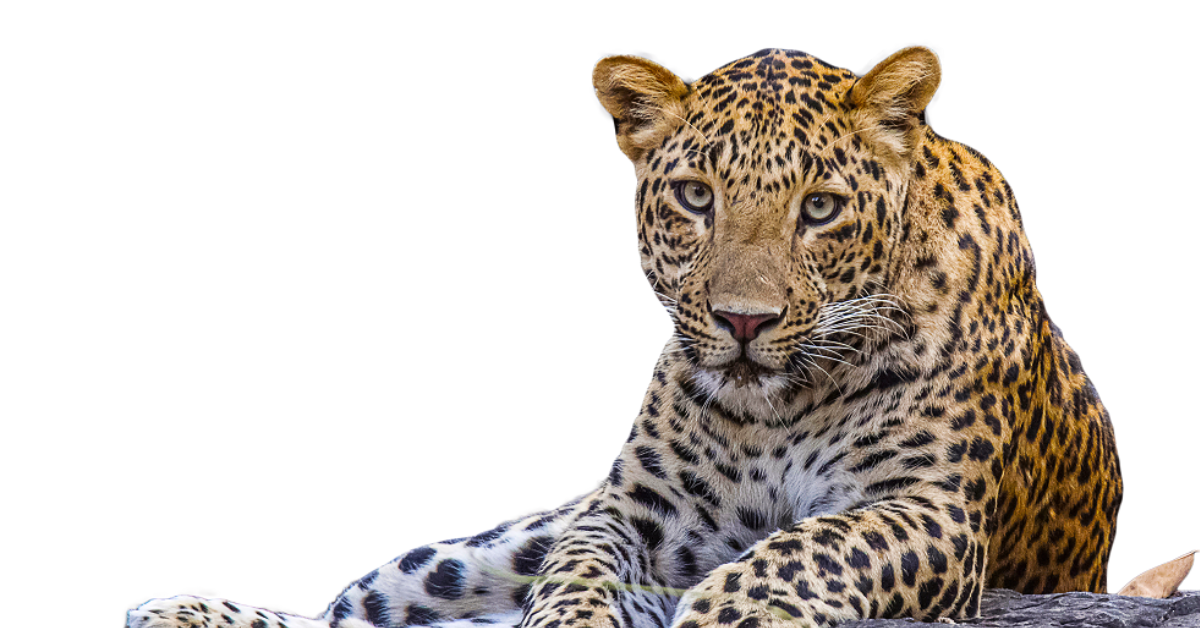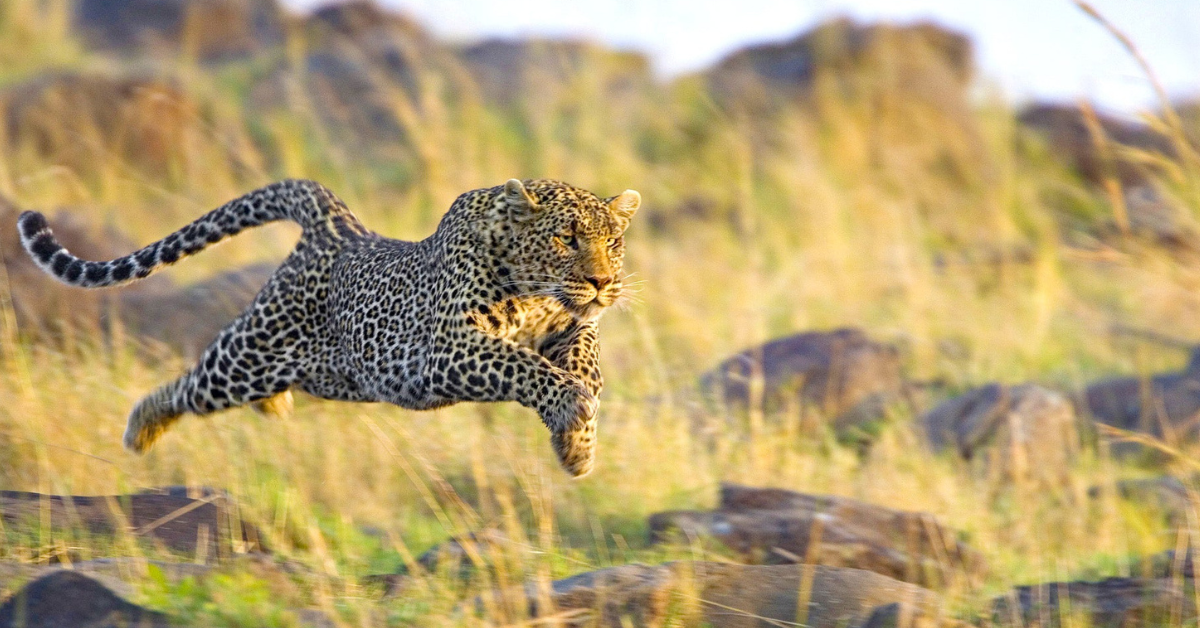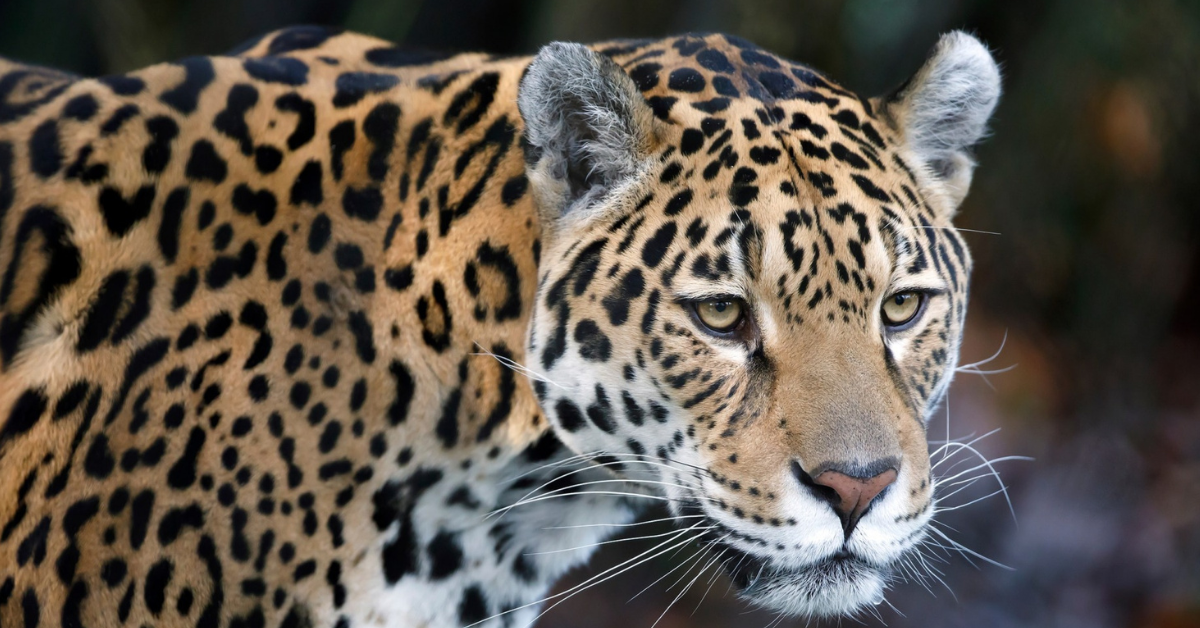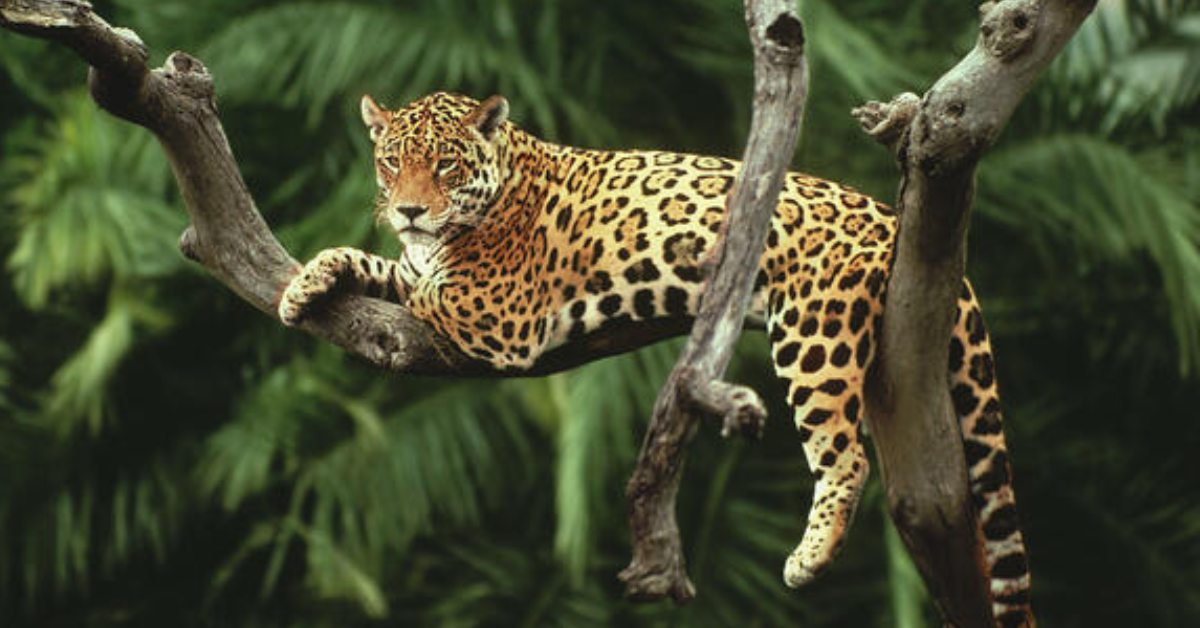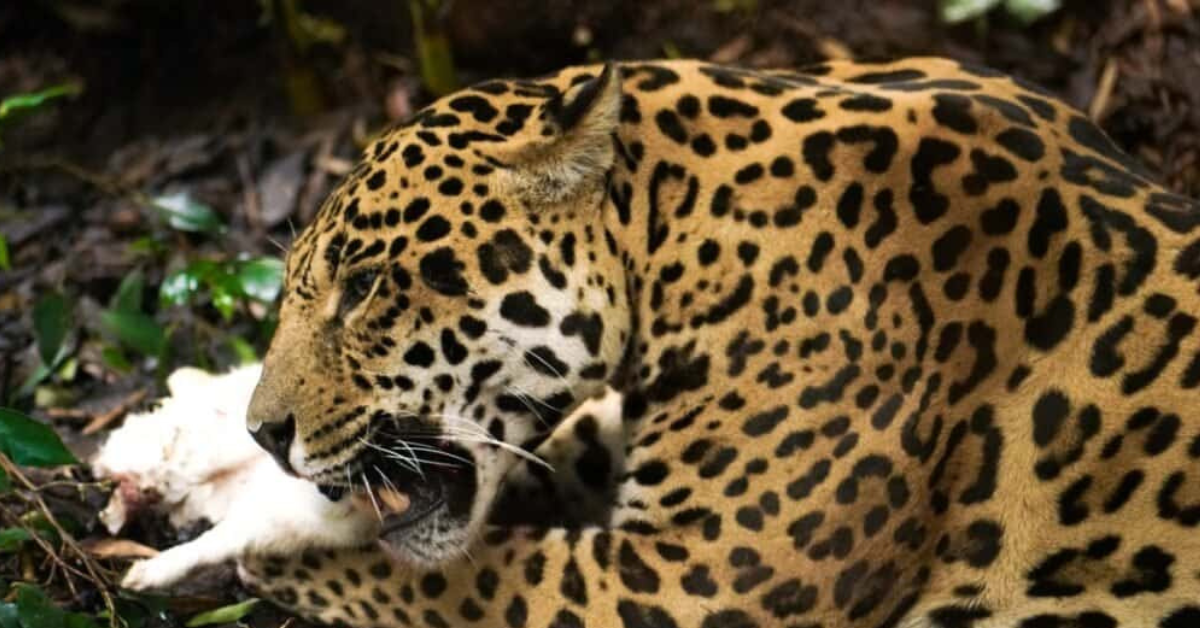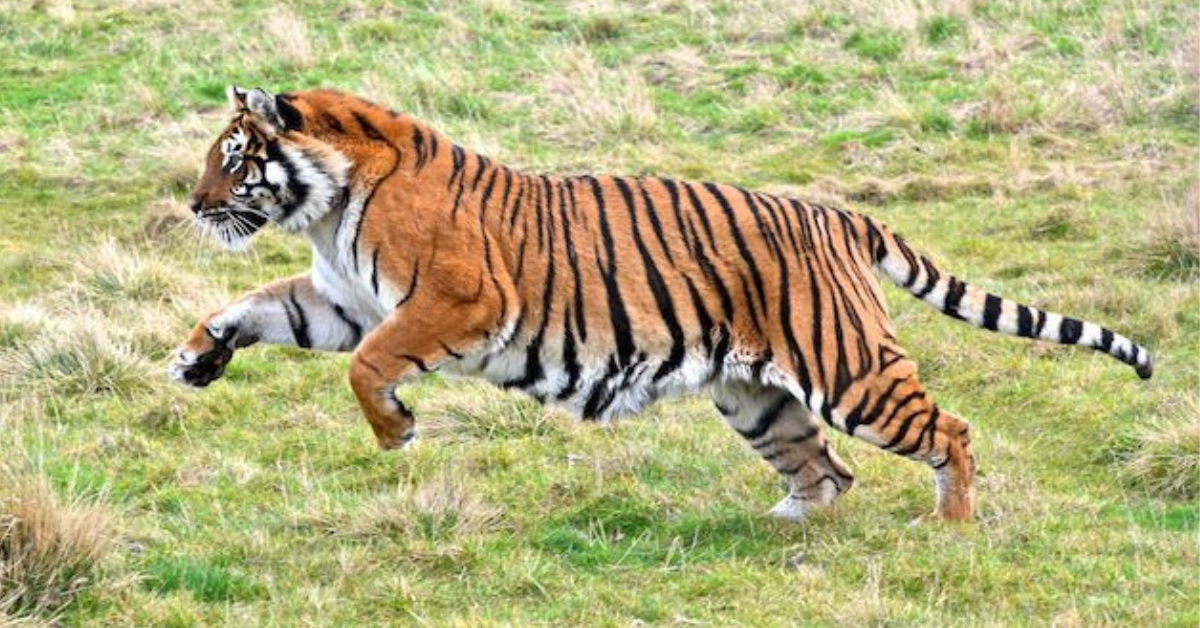
Brief overview of snow leopards and their physical abilities Snow leopards are large feline predators that inhabit the mountainous regions of Central Asia. They are known for their striking appearance, with a thick, woolly coat that provides insulation against the cold temperatures of their habitat. Snow leopards have a muscular, elongated body that allows them to navigate the steep and rugged terrain of their environment with ease.



